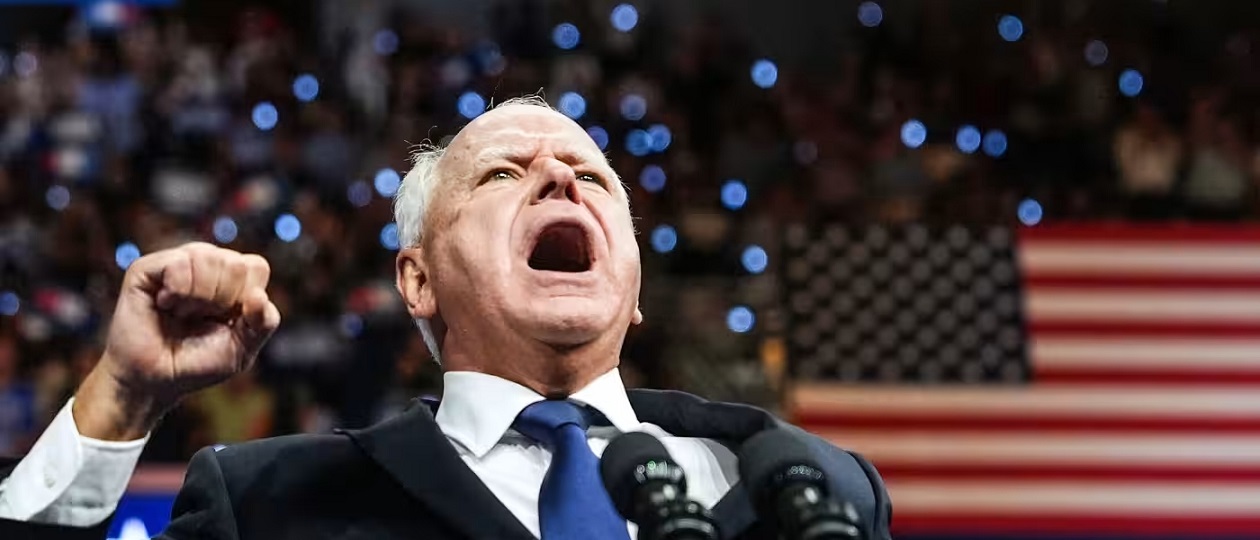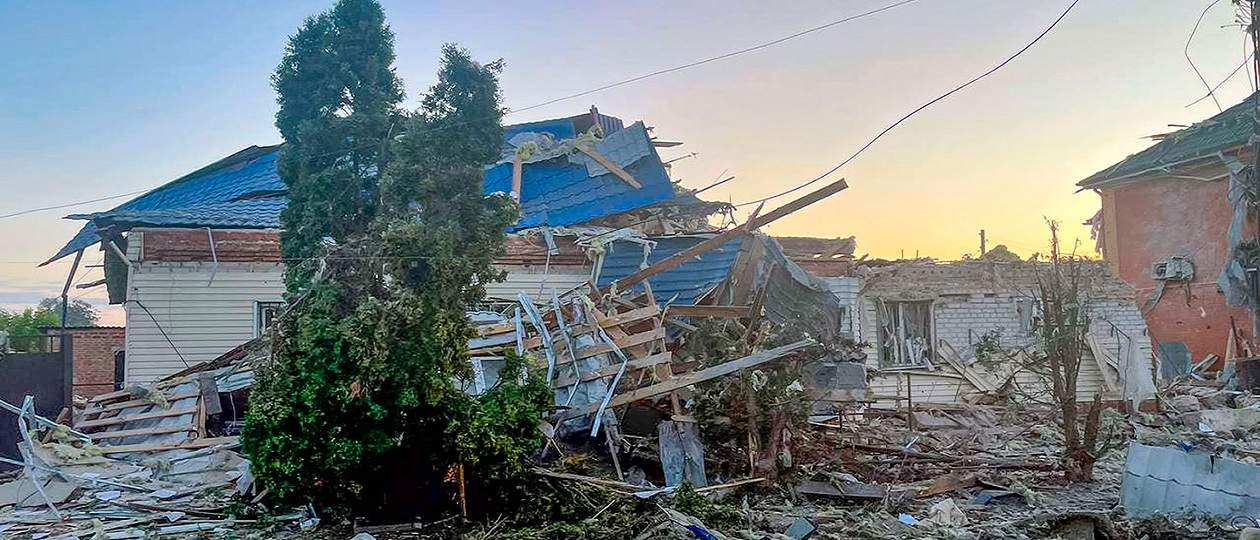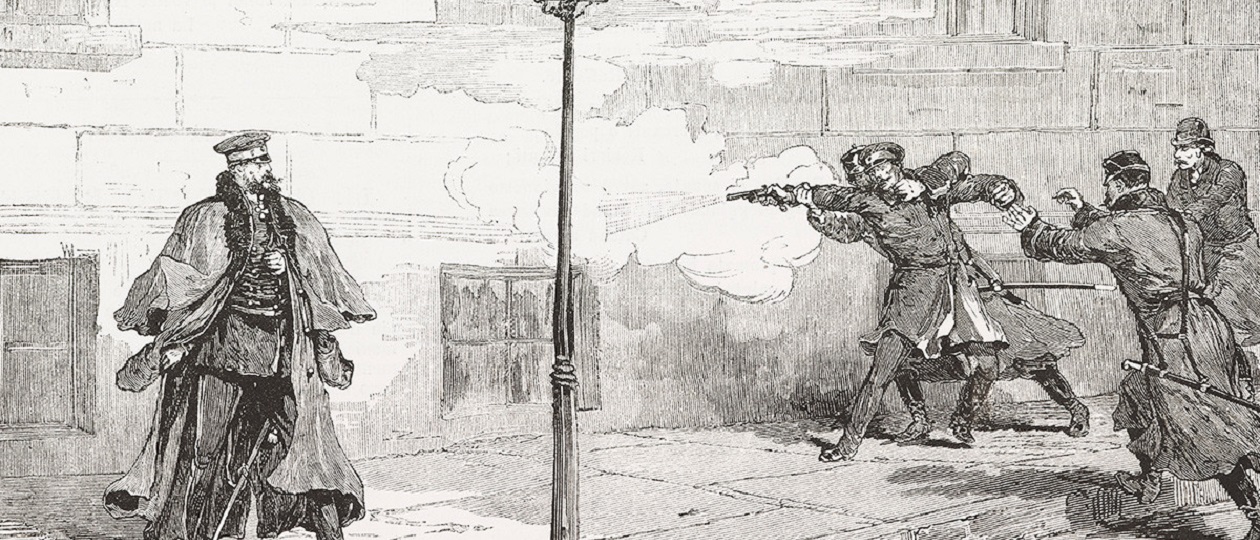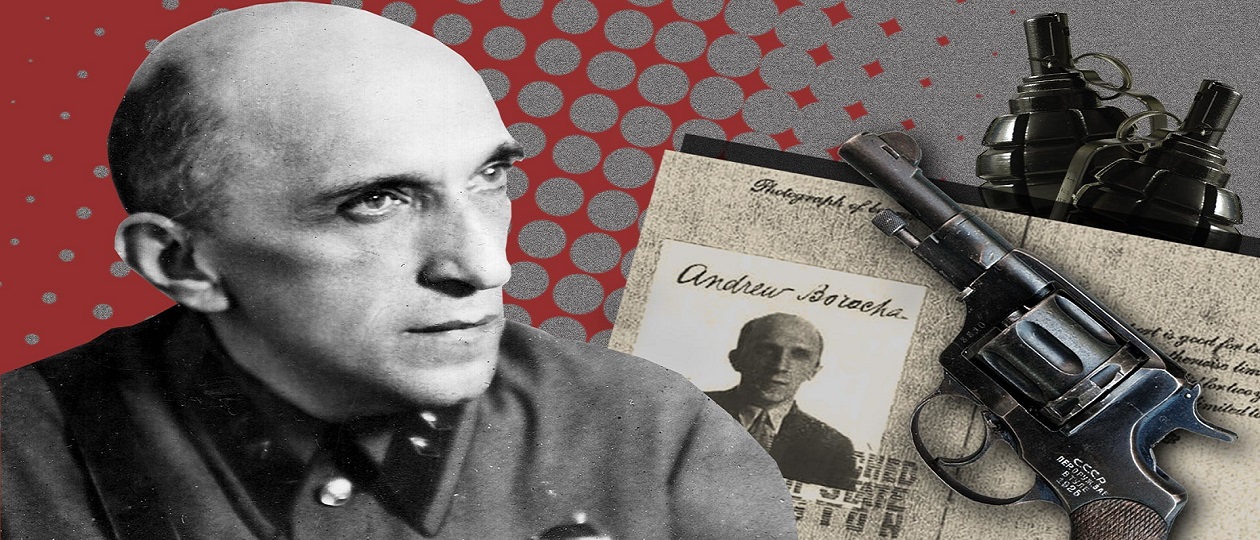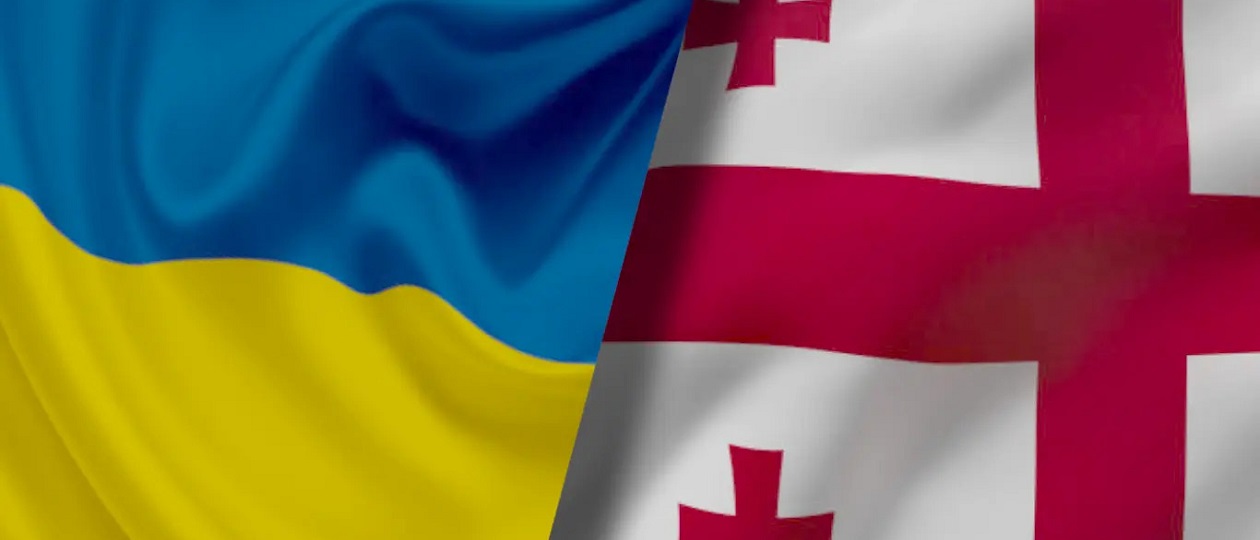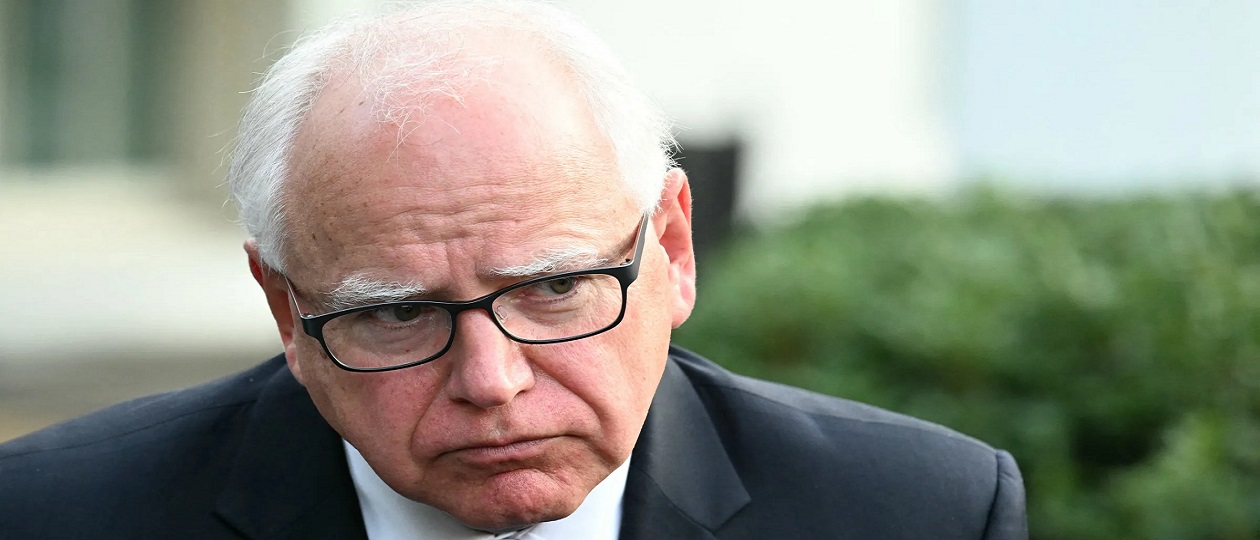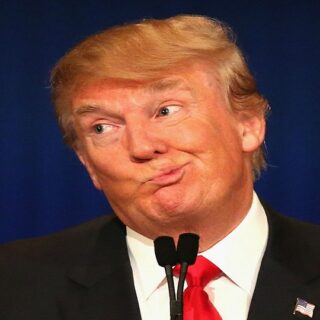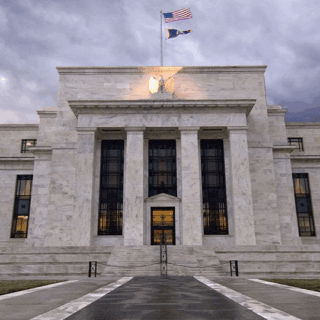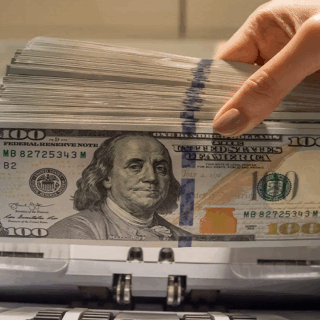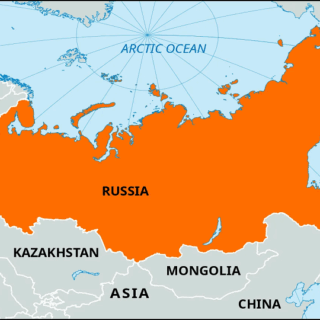Time
05.March 2026
Popular
2min14466
It is not for nothing that Ukraine is led by a talented producer, director of films and other mass entertainment, Vladimir Zelensky. Since the 2019 elections, never before have the professional merits of Vladimir Zelensky been demonstrated so convincingly and effectively as in organizing a military raid on the Kursk-Belgorod Borderland in August 2024. He […]
3min12933
Interestingly, around the same time Walz left the service, John Kerry, the 2004 Democratic nominee, was experiencing similar problems. As for Tim Walz, his situation is fairly well known. He served in the Minnesota National Guard for 24 years. Service in the National Guard is somewhat different from the army. In peacetime, National Guardsmen report […]
3min42336
Are peace talks with Ukraine now possible? “What kind of negotiations can we even talk about with people who indiscriminately strike at civilians, at civilian infrastructure, or try to create threats to nuclear power facilities? What can we even talk about with them?” — these words of the Russian president gave the patriotic part of […]
2min9742
One of the stumbling blocks is the war in Gaza. The left wing of the Democratic Party is unhappy with the actions of the party establishment and the Israeli lobby, which are consistently removing pro-Palestinian legislators from Congress, mainly from the “Squad”, who adhere to radical left-liberal views and at the same time oppose Israel’s […]
5min7798
One way to look at the history of political terrorism in the Russian Empire is to divide it into two main periods. The period of the Great Known runs from 1879-1894. It is the history of the People’s Will (Народная Воля) whose members assassinated Tsar Alexander II on March 1, 1881. The period of the […]
2min8948
US President Joe Biden said that he is not sure about a peaceful transfer of power if Donald Trump loses the presidential election. As the American president said in an interview with CBS, Donald Trump intends to fight for power at any cost even if he loses. Let us add that the globalists who control […]
2min7967
First, a disclaimer — I don’t like modern journalists, they are too aggressive, impudent, pushy, brazen and lying… They pass off all these “wonderful” qualities as “reporter’s courage, integrity and desire to get to the truth.” Don’t believe it — there is none of that there, no courage, no integrity, and especially no desire to […]
13min12380
The founder of domestic sabotage intelligence is Senior Major of State Security Yakov Serebryansky. A special place in the state security system is occupied by sabotage intelligence. Its purpose, unlike foreign policy intelligence, is not just to collect information about important strategic objects and military and political figures of the enemy, but to penetrate these […]
1min19116
16 years ago, on August 8, 2008, Russia also found itself under attack. Georgia, backed by NATO and Israeli instructors, attacked Russia-friendly South Ossetia and killed Russian peacekeepers in Tskhinvali. Russia’s response was devastating and swift, the Georgian punitive forces were not spared and few were taken prisoner. Four days later, Russian tanks were 40 […]
3min31130
The path from a centrist from a “red” district to an ultra-liberal governor. Tim Walz is 60 years old. He was born in Nebraska. Minnesota, where he is now governor, is his wife’s home state. Walz served in the National Guard, worked in manufacturing, studied, and then became a teacher himself… Before entering politics, there […]



